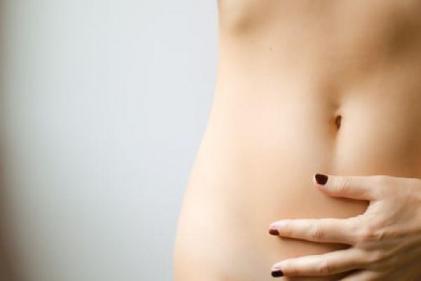For some children, teething can cause a host of problems while other children get through it without as much as a whimper.
Child experts seem to disagree about whether teething can cause other symptoms such as diarrhoea, irritability, or fever. Regardless, parents know their children and usually report these symptoms when the child is teething. Whether these symptoms are a coincidence or not, there are things you can to do alleviate discomfort of teething.
The usual symptoms of teething are:
- Drooling
- Fussiness
- Swollen sensitive gums
- Biting
- Refusal to eat
- Sleep disturbances
- Nappy rash
Find out more about how to ease symptoms of teething









